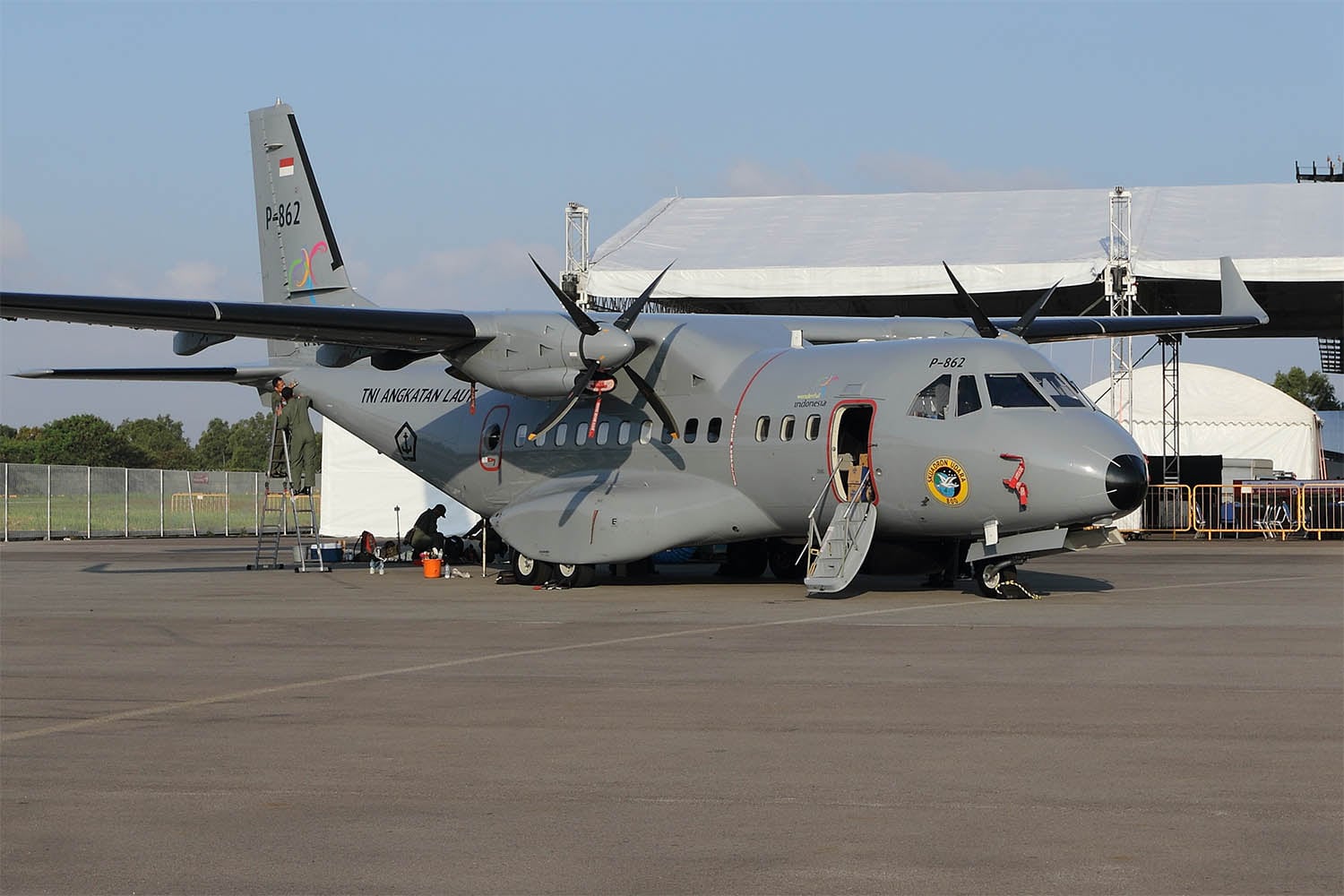0 seconds of 48 secondsVolume 0%
Press shift question mark to access a list of keyboard shortcuts
Keyboard Shortcuts
Shortcuts Open/Close/ or ?
Play/PauseSPACE
Increase Volume↑
Decrease Volume↓
Seek Forward→
Seek Backward←
Captions On/Offc
Fullscreen/Exit Fullscreenf
Mute/Unmutem
Decrease Caption Size-
Increase Caption Size+ or =
Seek %0-9
CLARK, Philippines — The last militants in the city of Marawi, Philippines, were declared “finished” on Monday, ending a five-month siege that raised worry of the group gaining a foothold in Southeast Asia.
The Philippines’ defense secretary, Delfin Lorenzana, said the defeat of pro-Islamic State group militants in Marawi helps prevent the spread of extremism in Asia. Some of the militants were from other countries, including Malaysia.
He made the declaration after the last group of gunmen were found dead.
Defense News and Military Times have been covering the situation in the Philippines and offering analysis surrounding the Islamic State group’s presence in the region:
RELATED
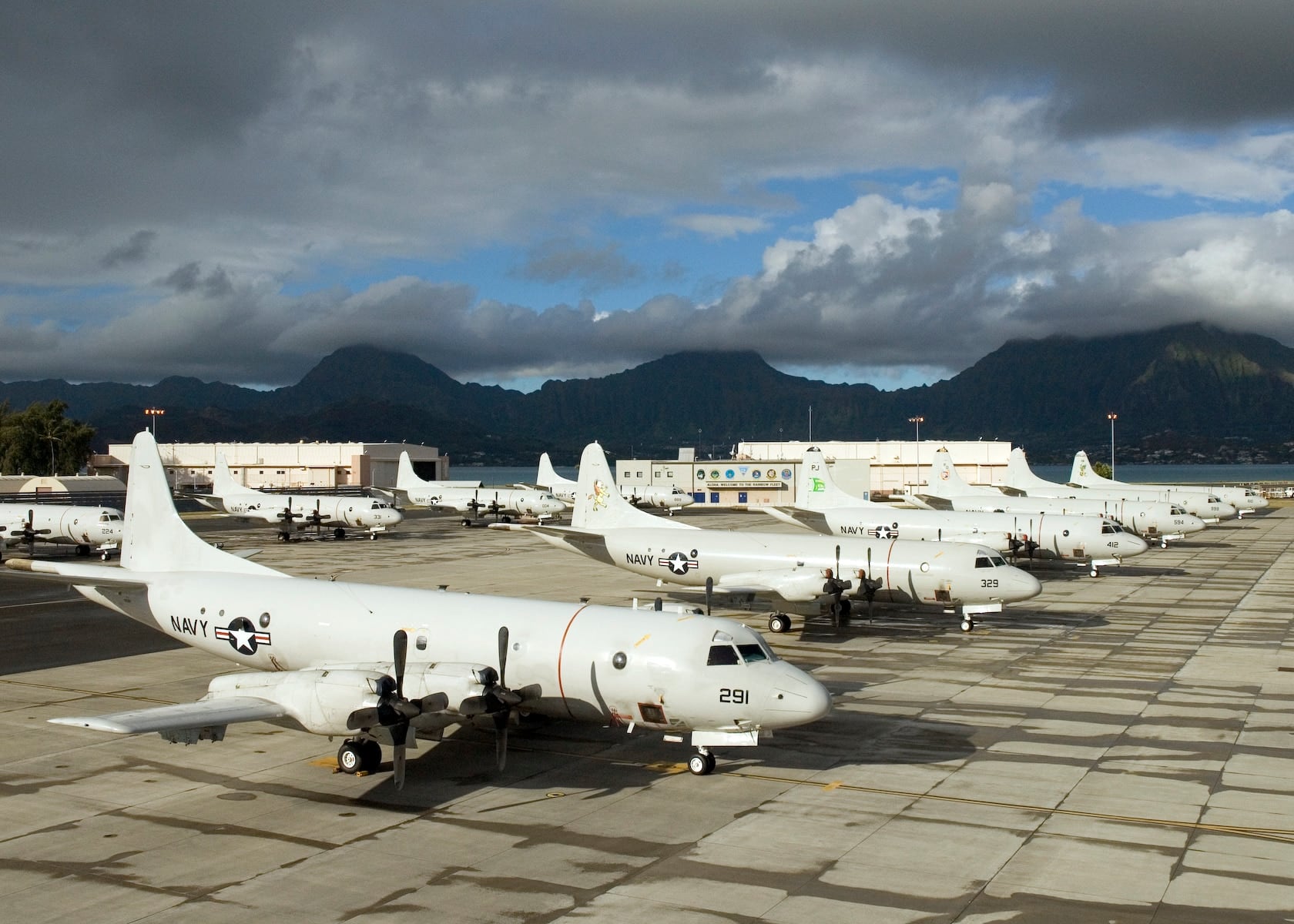
RELATED
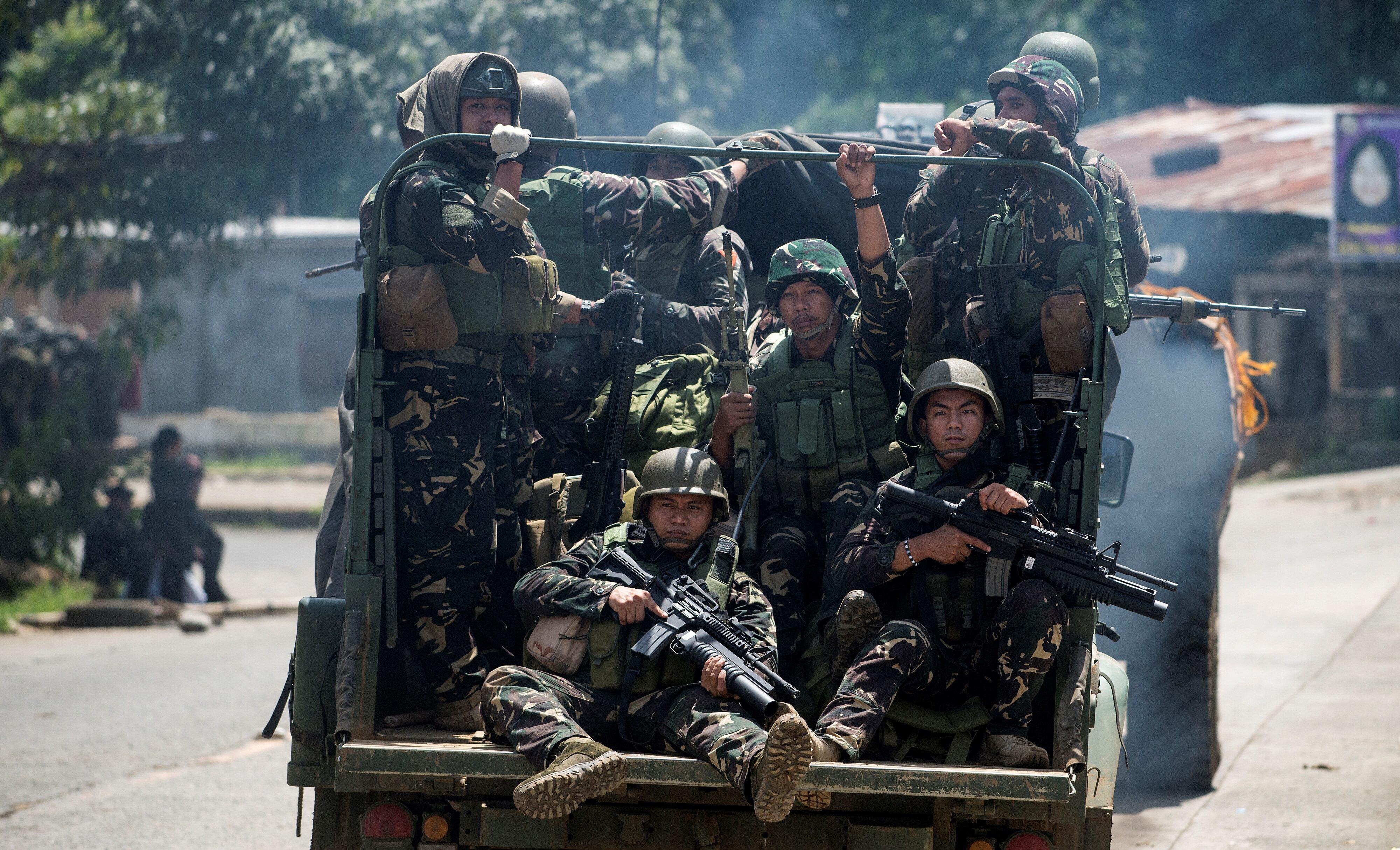
RELATED
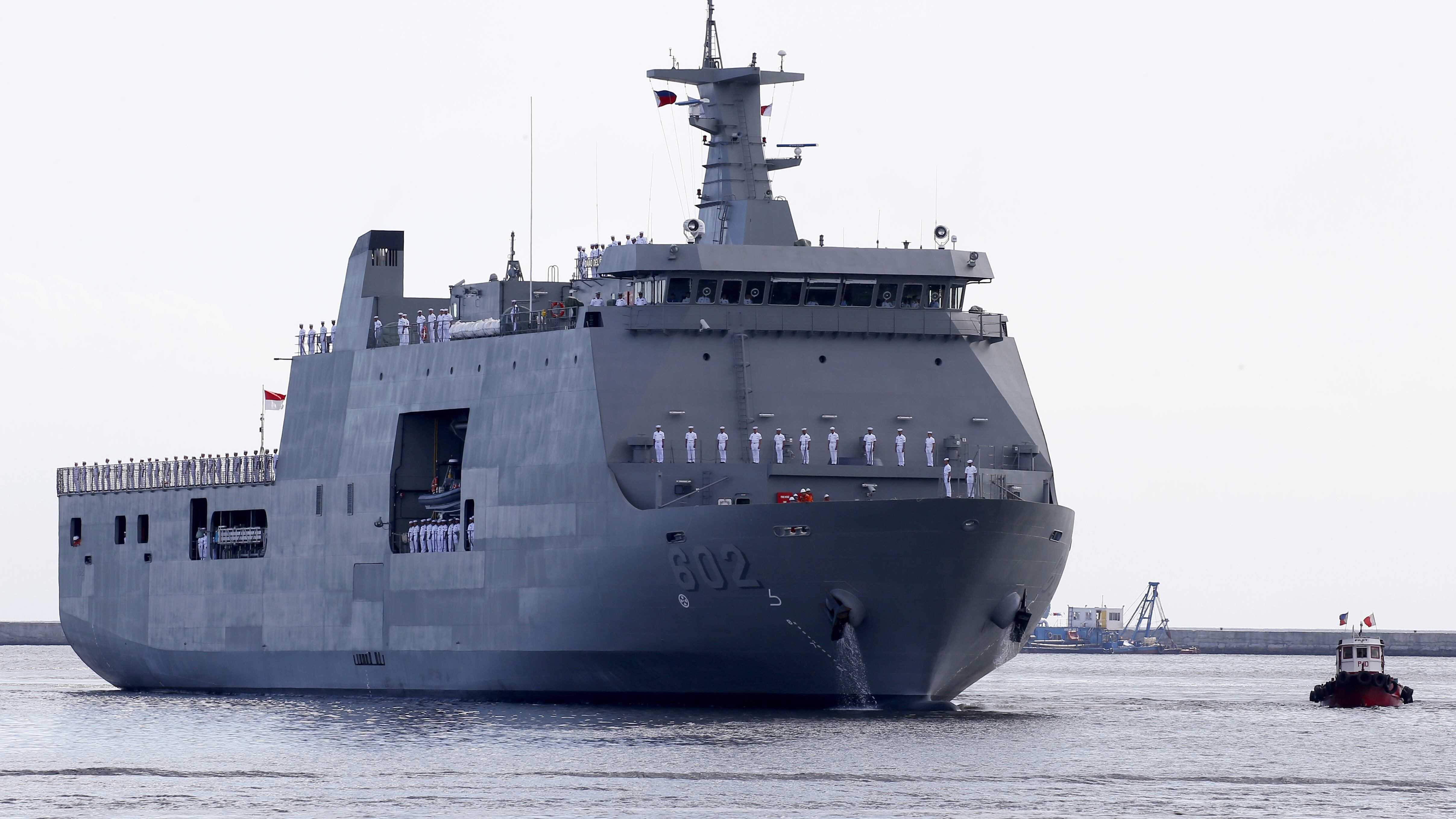
RELATED
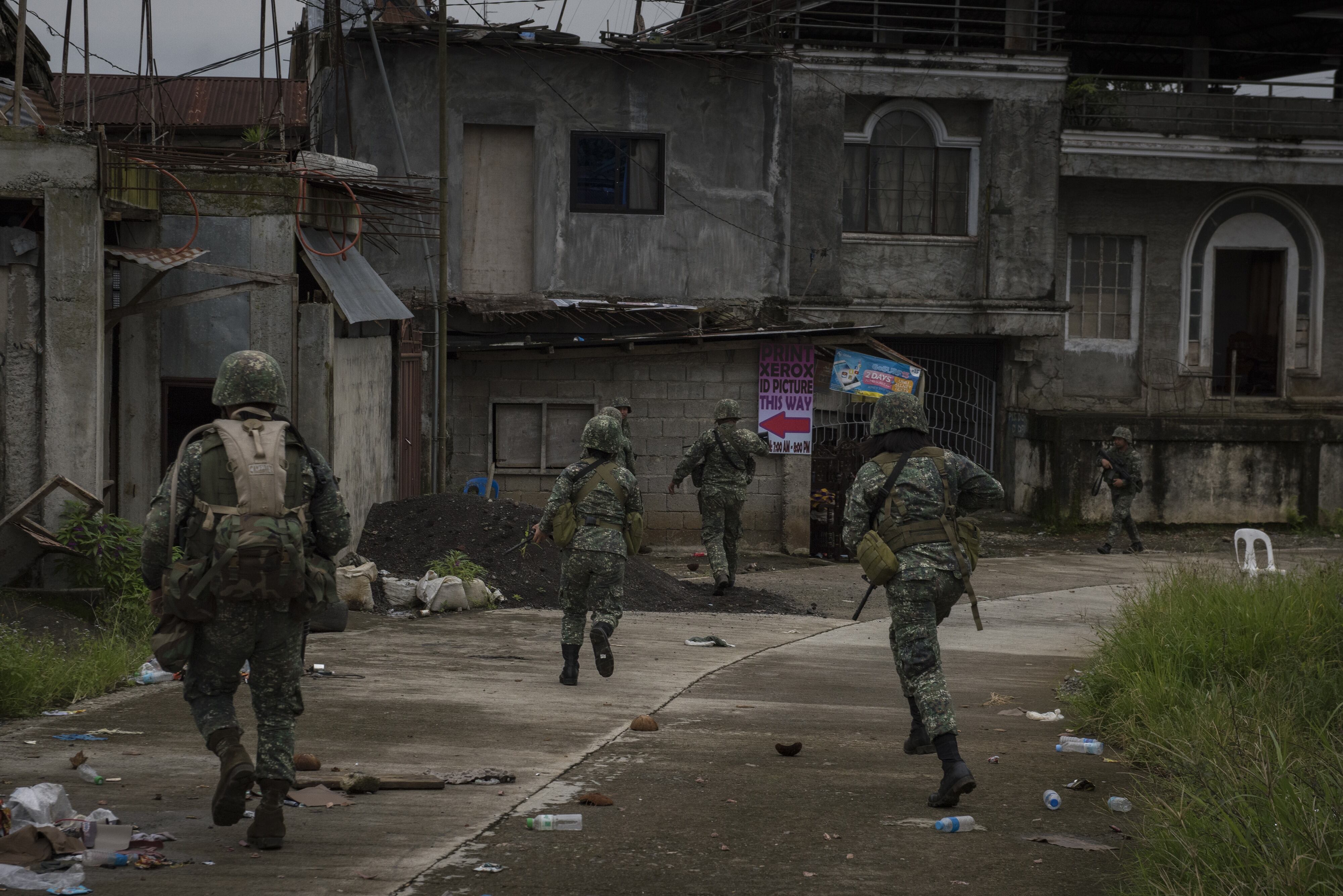
RELATED
